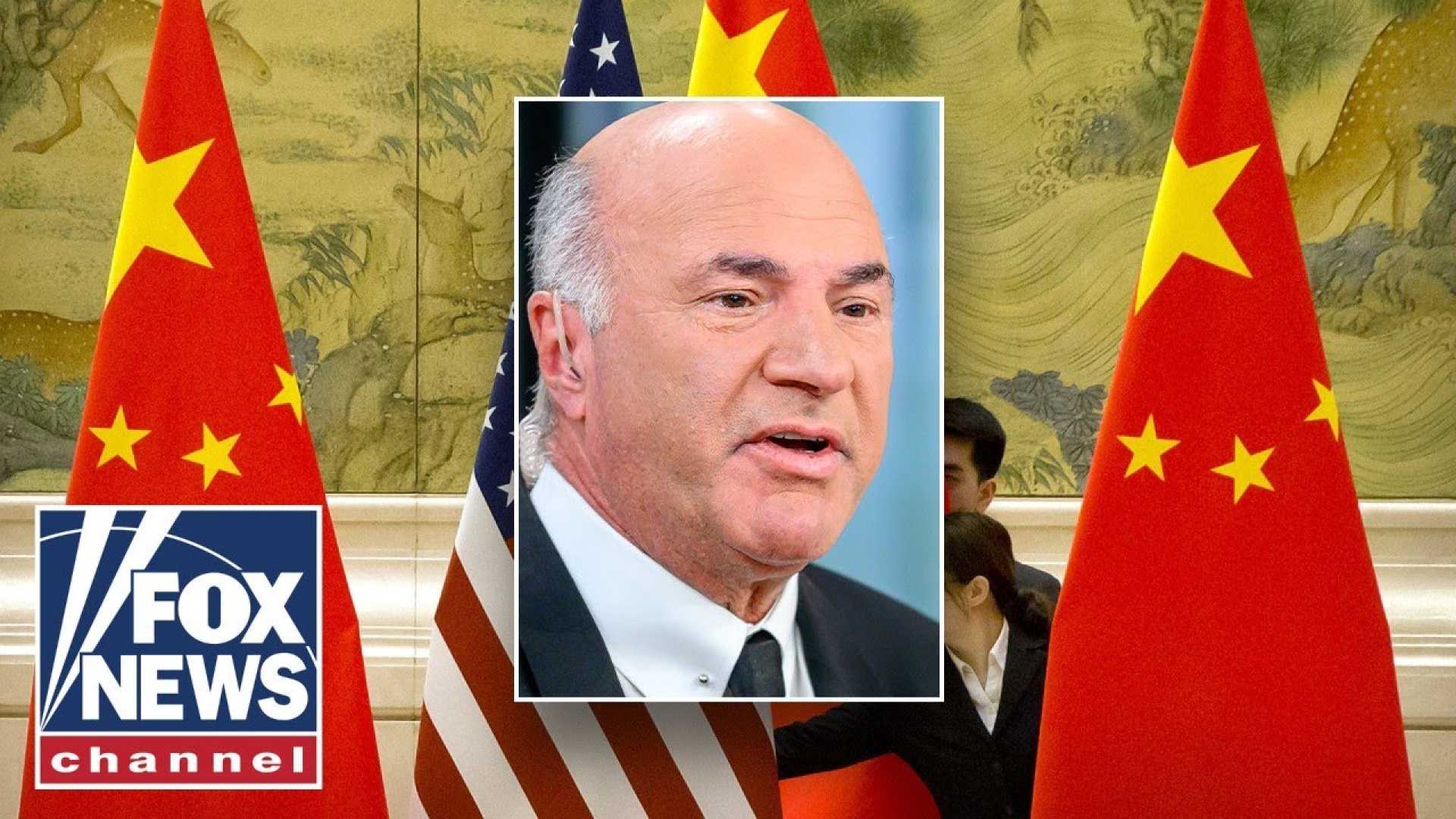Business
Kevin O’Leary Calls for Delisting Chinese Firms Amid Trade Tensions

WASHINGTON, D.C. — Kevin O'Leary, Chairman of O’Leary Ventures and star of ABC’s “Shark Tank,” on Friday urged U.S. regulators to consider delisting Chinese companies from American stock exchanges amid escalating trade tensions between the U.S. and China. O’Leary estimated that $500 to $700 billion in market capitalization should be removed in order to pressure China to negotiate fairly.
O’Leary’s comments follow China’s recent announcement to increase tariffs on American imports between 84% and 125%. This move highlights a significant heightening of the ongoing trade conflict, largely attributed to actions taken by the Chinese Communist Party.
Speaking directly to regulators, O’Leary stated, “And I speak on behalf of every American investor. Enough is enough. I don’t know why this is going on. I’m only asking the new SEC chair: uphold the law, just uphold the law.”
His criticism of Chinese companies stemmed from their perceived lack of adherence to international business norms. O’Leary recalled that since joining the World Trade Organization in 2000, China has repeatedly failed to abide by global trading standards. “I’m an investor. I take companies public on NASDAQ and the New York Stock Exchange. I pay millions of dollars each year in compliance,” he said. “And right beside me, issuing shares without any guidance at all, are Chinese companies.”
O’Leary elaborated on the unfair advantage he believes these firms have over compliant U.S. companies. “I’m competing for that dollar. I’m being compliant, and my Chinese competitor, same bank I’m using, is going to institutions the same day on a road show, raising money for what’s called a shadow share,” he said, adding, “It’s not even a real share. They don’t even have any rights. And they’re taking my dollar.”
In light of this situation, O’Leary advocates for stricter enforcement of U.S. laws on foreign companies. “So I’m putting up my hand saying, wait a minute, just follow the law. Delist these companies, make them be compliant like I am,” he urged.
O’Leary maintained that accepting short-term market volatility is a necessary strategy to compel China to reevaluate its economic practices. These comments coincided with a significant increase in U.S. tariffs, conveyed recently by President Donald Trump, who imposed a 125% tariff on certain imports from China.
In response to these developments, a Chinese finance ministry spokesperson stated, “The U.S.’s imposition of abnormally high tariffs on China seriously violates international economic and trade rules, and also violates basic economic laws and common sense. It is a completely unilateral bullying and coercive practice… if the U.S. continues to impose additional tariffs on Chinese goods exported to the U.S., China will ignore it.”
This ongoing trade conflict continues to evolve, with both the U.S. and Chinese markets feeling the impact. As both sides navigate these challenges, O’Leary emphasizes the need for transparency and compliance in international trade.












